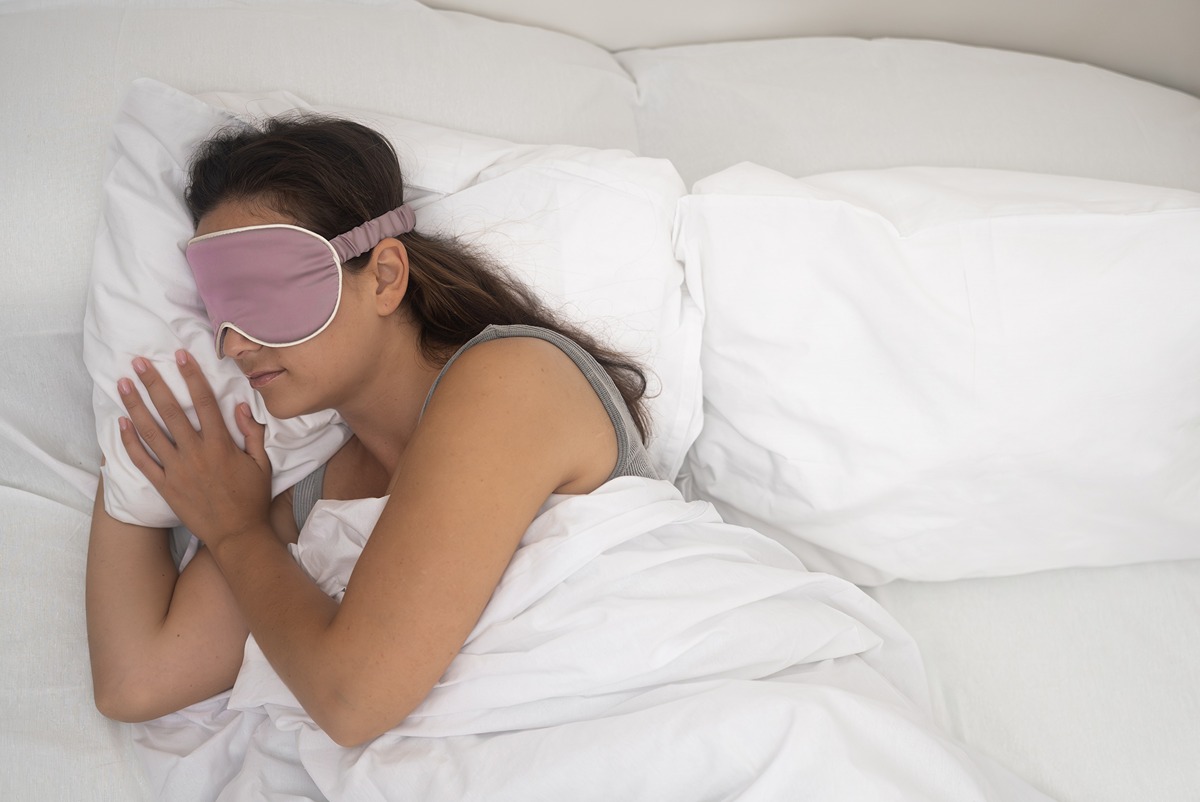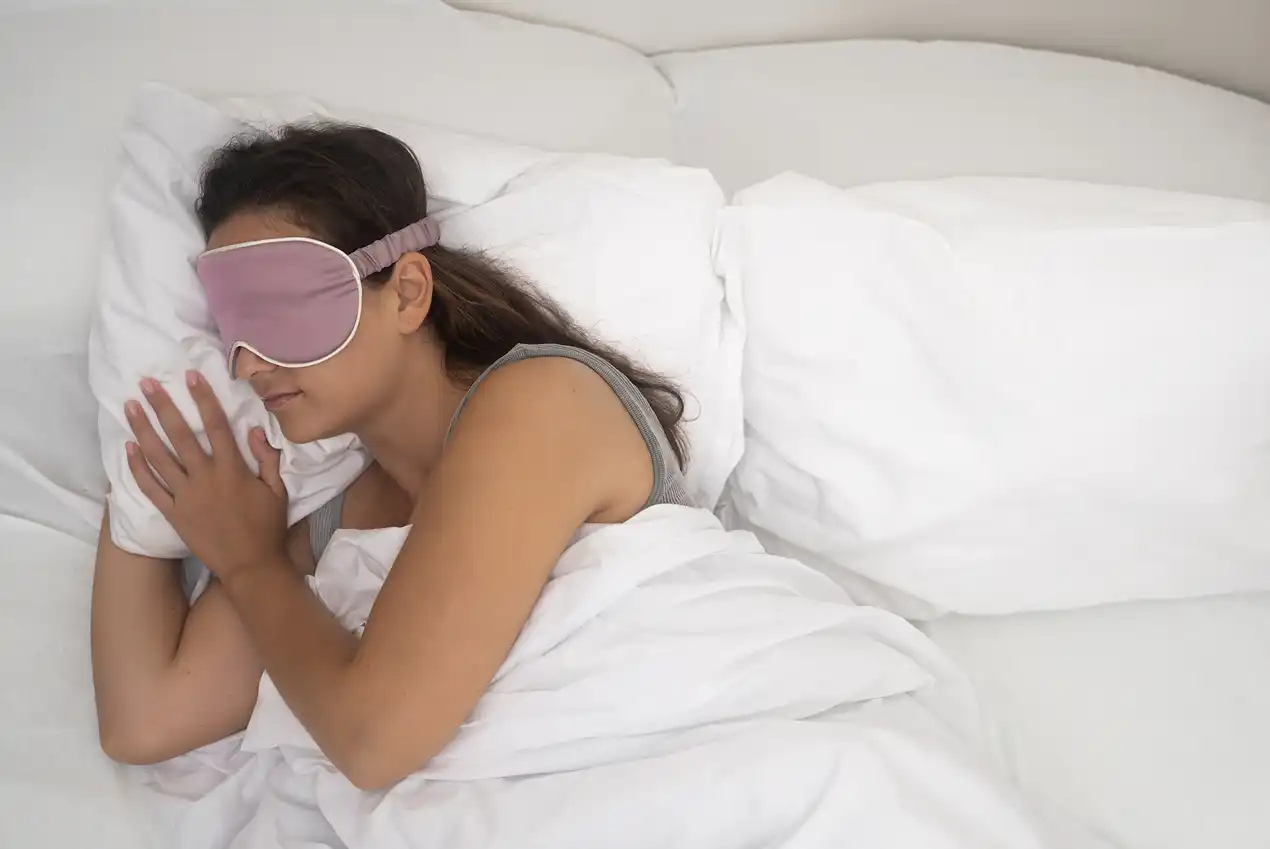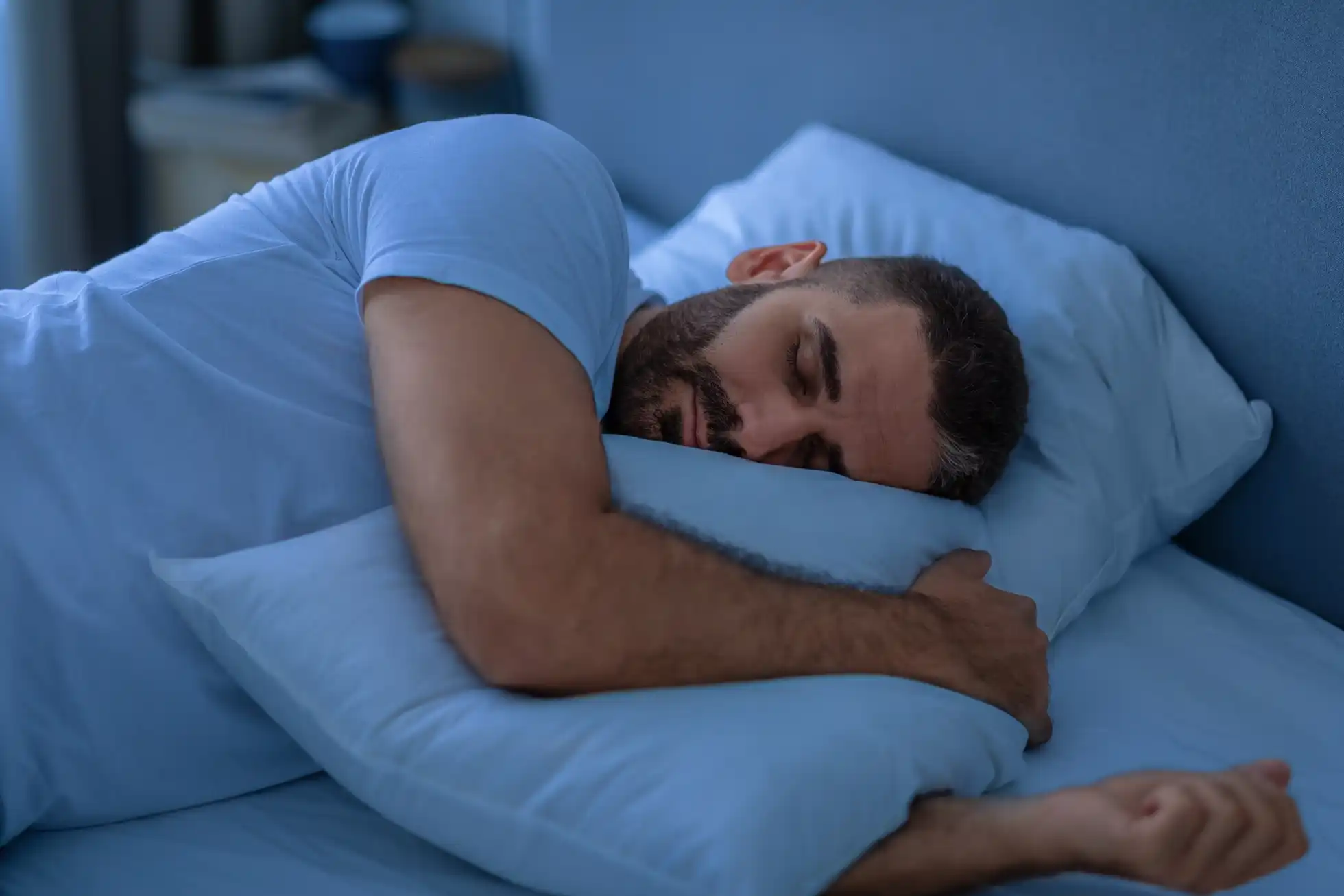
Are you ready to embark on a journey to the land of sweet dreams? Well, get your pillows fluffed and your duvets ready, because we're about to dive into the world of natural sleeping habits.
Sleep is not just a luxury; it's an essential component of our overall health and well-being. And as we gracefully age, it becomes even more crucial to prioritize healthy sleep habits. Let's explore everything you need to know about getting the quality rest you deserve.

Have you ever wondered why some people are night owls who thrive in the late hours, while others are early birds who greet the morning sun with open arms? It all comes down to our internal sleep clock, also known as our circadian rhythm.
Our circadian rhythm is like our body's own personal timekeeper, regulating our sleep-wake cycle and coordinating various physiological processes. This internal clock is influenced by external factors such as light and temperature and helps us maintain healthy sleep habits.
But here's the thing – everyone's internal sleep clock is unique. Factors like gender, ethnicity, and work schedules can influence the patterns of our circadian rhythm. As we get older, there are changes in our sleeping patterns. Older adults experience a shift towards becoming early birds, but struggling to stay awake in the evenings.

Your lifestyle choices throughout the day can have an impact on the quality of your slumber. So, if you're tossing and turning at night, it might be time to take a closer look at your habits.
Avoid heavy meals close to bedtime as they can cause discomfort and indigestion. Instead, opt for lighter, balanced dinners that include foods rich in tryptophan, such as turkey, chicken, nuts, or seeds. Tryptophan helps your body produce serotonin and melatonin—hormones that promote relaxation and sleepiness.
Engaging in exercises like walking, cycling or yoga boosts endorphin production and reduces stress. Aim for at least 30 minutes of moderate-intensity exercise most days of the week.
The screens we love so much—computers, smartphones, tablets—emit blue light that can mess with our internal sleep clock by disrupting the production of melatonin. Try to avoid electronic devices at least an hour before bed or use blue-light-blocking glasses/screen filters.
Limiting caffeine intake later in the day is crucial for promoting healthy sleep habits. Coffee can stay in your system longer than you think! Similarly, while alcohol may initially make you drowsy, it disrupts your sleep cycle later in the night.

After a long and productive day, it's time to wind down and prepare your body for a restful night of sleep. Here are some practical tips to help you wake up feeling refreshed:
Establishing a regular sleep schedule can help regulate your body's internal clock and improve the quality of your sleep. Try going to bed and waking up at the same time every day, even on weekends. This consistency will train your body to recognize when it's time to sleep, making it easier to fall asleep and wake up naturally.
Your bedroom should be a sanctuary dedicated to relaxation and sleep. Make sure your sleeping space is cool, quiet, and dark. Consider using blackout curtains or an eye mask if outside lights disturb you. Invest in comfortable bedding, pillows, and a mattress that adequately supports your body.
In today's fast-paced world, finding ways to unwind before bed can greatly improve your sleep quality. Engage in calming activities such as reading a book or practicing meditation before bedtime. These relaxation techniques can help quiet your mind, reduce stress, and prepare you for a restful night of sleep.

When it comes to getting a good night's sleep, everyone is unique. Different lifestyles call for different strategies to ensure healthy sleep habits. Let's explore some tailored solutions for your needs.
For those who work non-traditional hours, blackout curtains can be a game-changer. These curtains block out sunlight, creating a dark environment that mimics nighttime and promotes better sleep during the day.
Busy parents often struggle to find time for quality sleep. Creating a calming bedtime routine can make all the difference. Consider establishing consistent wind-down activities like reading a book or taking a warm bath before bed.
Long hours at the office can take a toll on your sleep quality. Prioritize winding down before bed by implementing relaxation techniques such as meditation or deep breathing exercises. Disconnect from electronic devices at least an hour before bed to allow your mind to unwind from work-related stressors.

To ensure you've got all the key points fresh in your mind, let's recap what we've covered about developing healthy sleep habits. Remember, everyone's journey to better sleep will be unique, so don't be discouraged if it takes a bit of trial and error to find what works best for you!
Here's a quick summary of the tips and insights we've explored throughout this article:
- Understanding your body clock.
- Lifestyle choices matter.
- Tailoring solutions to your needs.
Remember, developing healthy sleep habits is an ongoing process that requires patience and self-discovery. So go ahead and embrace the journey toward perfecting your healthy sleep habits. Sweet dreams await!

The information provided in this article is for general informational purposes only. It is not a substitute for professional advice, diagnosis, or treatment. Always consult with qualified professionals regarding any questions or concerns you may have about your sleep habits. Reliance on the information in this article is at your own risk. We do not endorse or recommend any specific products, services, or treatments mentioned.
